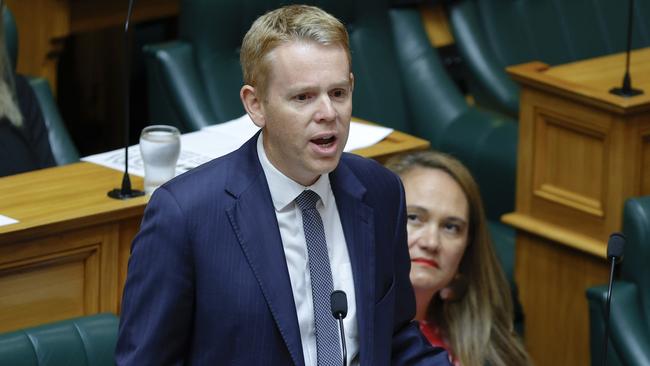
That seems to be the message from New Zealand’s new triumvirate of ministers with responsibility for foreign affairs and defence – Prime Minister Chris Hipkins, Foreign Minister Nanaia Mahuta and defence minister Andrew Little.
Jacinda Ardern’s departure as Prime Minister was always going to provide an opportunity to adjust New Zealand’s positioning.
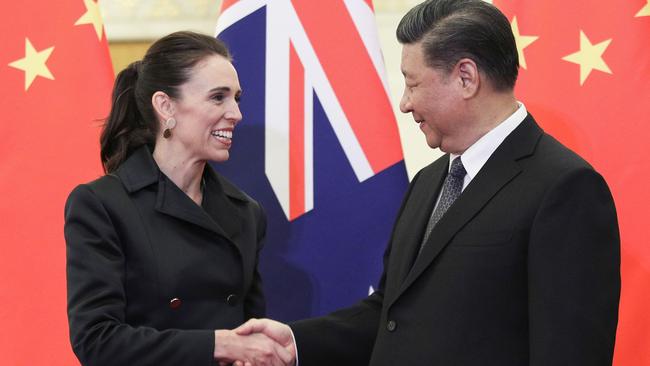
In particular, Hipkins’ decision to appoint Andrew Little as Defence Minister – replacing Peeni Henare – seems to have been a strategic move.
New Zealand’s military has essentially been in a holding pattern since Labour’s outright victory in the 2020 election. A formal ‘Defence Policy Review’ process was announced last July, with a rather generous final reporting date set for mid-2024.
But Little has suggested in media interviews that work on the review needs to ‘accelerate’ amidst a ‘materially different’ geopolitical environment.
The new Defence Minister noted increased military spending and activity by Japan, France, the UK and Australia in the Indo-Pacific, adding ‘there’s an expectation that we will demonstrate some leadership’.
It seems likely that this will involve New Zealand significantly boosting its defence spending and co-operating more closely with the countries Little mentioned.
While he was reluctant to comment on specifics, pointing to the review, Little suggested a ‘different range of maritime capability’ could be needed so that New Zealand could satisfy defence needs both closer to home and ‘further abroad’.
Major spending decisions may be just months away: amidst a new wave of militarisation around the world, there seems little doubt that New Zealand’s spending will soon see a sharp rise.
China’s announcement at the weekend that it will increase its defence spending by an ‘appropriate’ amount will only provide further justification for a boost.
Countries around the Indo-Pacific are lifting military spending: Australia’s Defence Minister Richard Marles recently promised the country would soon take its ‘biggest step forward’, while India has announced a spending increase of 13 per cent.
A major uptick in the defence budget might seem at odds with Hipkins’ pledge to focus on ‘bread and butter’ domestic issues focused on the cost of living.
But the military spend is likely to be sold at least in part as a social and climate change policy response: in interviews, Little repeatedly spoke of ‘attrition’ in the ranks since the outbreak of Covid-19. He also referred to the difficulties New Zealand’s military would face in responding to a ‘significant disaster recovery exercise’ in the Pacific, pointing to the defence force’s role in New Zealand in the aftermath of Cyclone Gabrielle.
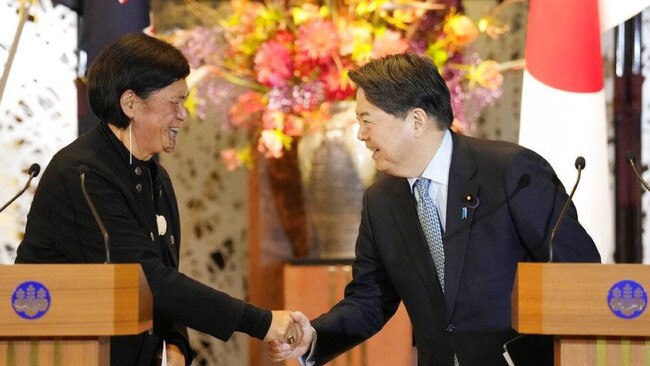
This brings us to the Foreign Minister, Nanaia Mahuta, who visited Japan and Singapore last week.
While ‘strengthening economic partnerships’ was the stated aim of Mahuta’s trip, in reality the mission rather predictably ended up being far more about hard security. As if to underline this, Mahuta met in Singapore not with her foreign minister counterpart, Vivian Balakrishnan, but with Singaporean defence minister Ng Eng Hen.
And earlier, during Nanaia Mahuta’s visit to Tokyo, New Zealand signed on to a rather hawkish joint statement with Japan on co-operation in the Pacific that agreed the region should remain ‘inclusive, stable and prosperous, and free from foreign interference and coercion’ – phrasing clearly aimed at China.
But the threats posed by climate change were also repeatedly mentioned in the document as rationale for a ‘family first approach to peace and security’ in the Pacific.
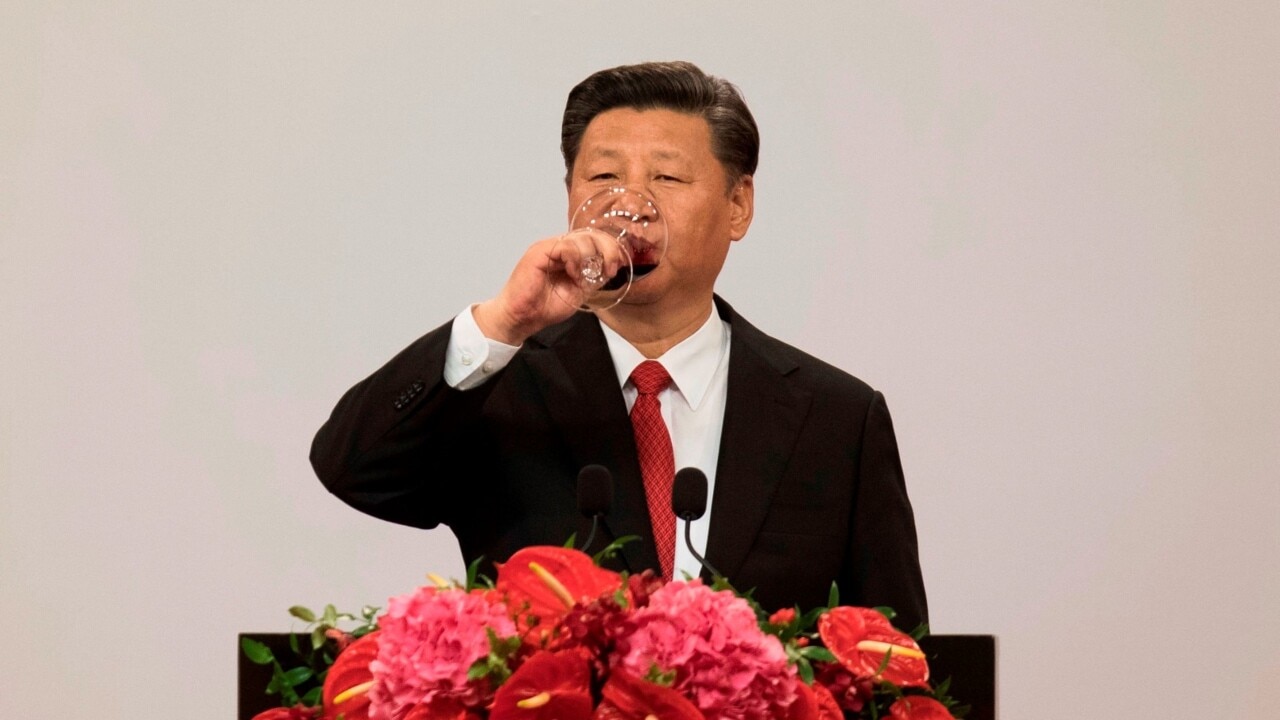
The most specific outcome from Mahuta’s trip to Tokyo was an undertaking by New Zealand and Japan to speed up discussions on an intelligence-sharing agreement that was signalled during Jacinda Ardern’s own visit to Japan last year.
Japan recently announced plans to double its defence budget to reach the NATO target of 2 per cent of GDP by 2027 – a decision that will see $NZ500 billion in spending in the next five years and will make Japan the third-biggest military spender in the world.
Interestingly, the Japanese foreign ministry’s account of Mahuta’s meeting with her Japanese counterpart, Yoshimasa Hayashi, described Australia, Japan, New Zealand and South Korea as a group of ‘like-minded countries’.
This suggests that the ‘AP4’ format from last year’s NATO summit in Spain may endure and could yet turn into something of a mini-alliance. Leaders from all four Asia-Pacific (or ‘AP’) countries were invited guests at the NATO gathering in Madrid and held a separate meeting on the event’s sidelines.
While there are many geopolitical uncertainties, one thing is clear.
Across the Indo-Pacific, countries are rearming.
And New Zealand looks set to join the pack.
Geoffrey Miller is the Democracy Project’s geopolitical analyst and writes on current New Zealand foreign policy and related geopolitical issues.



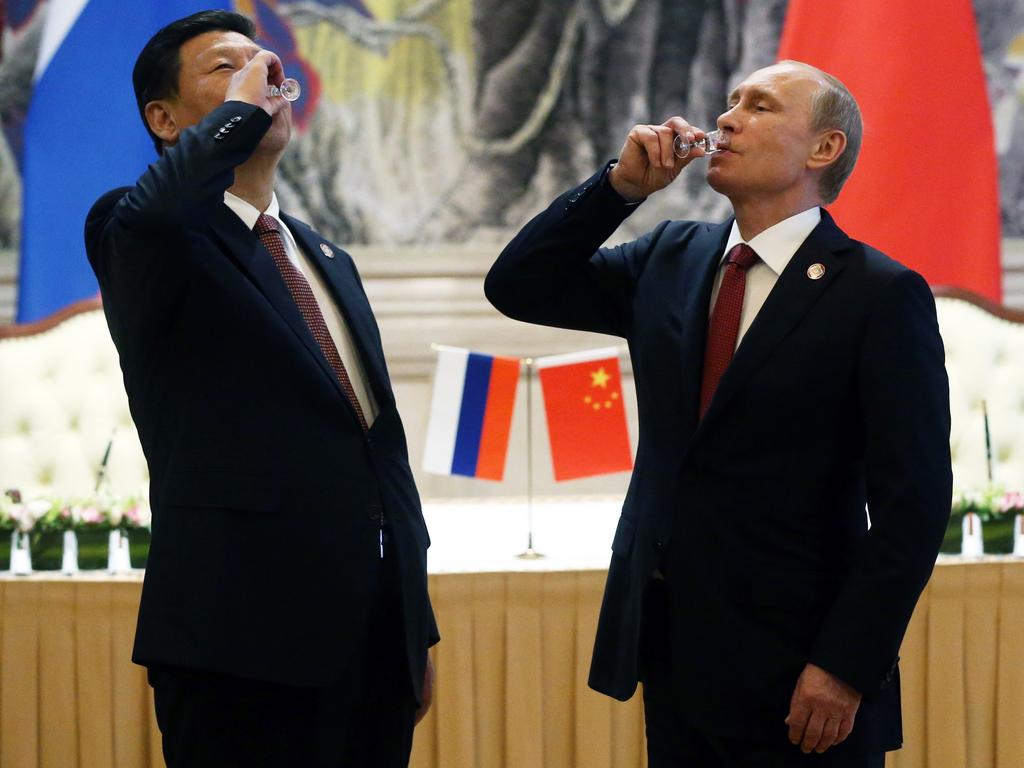
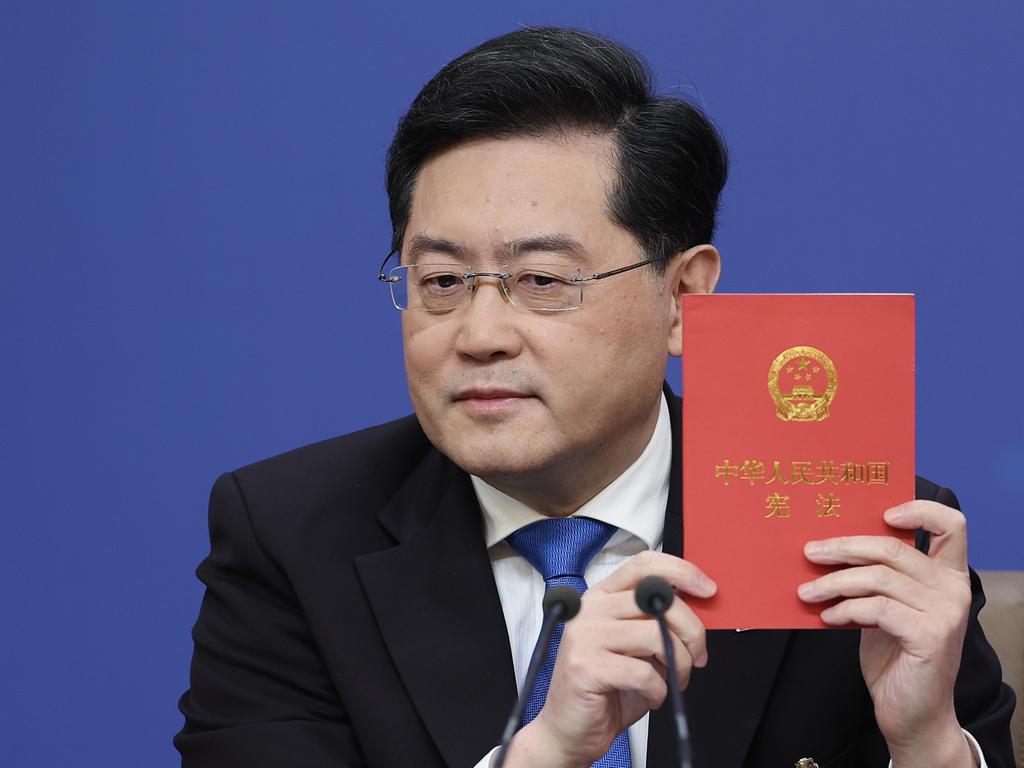


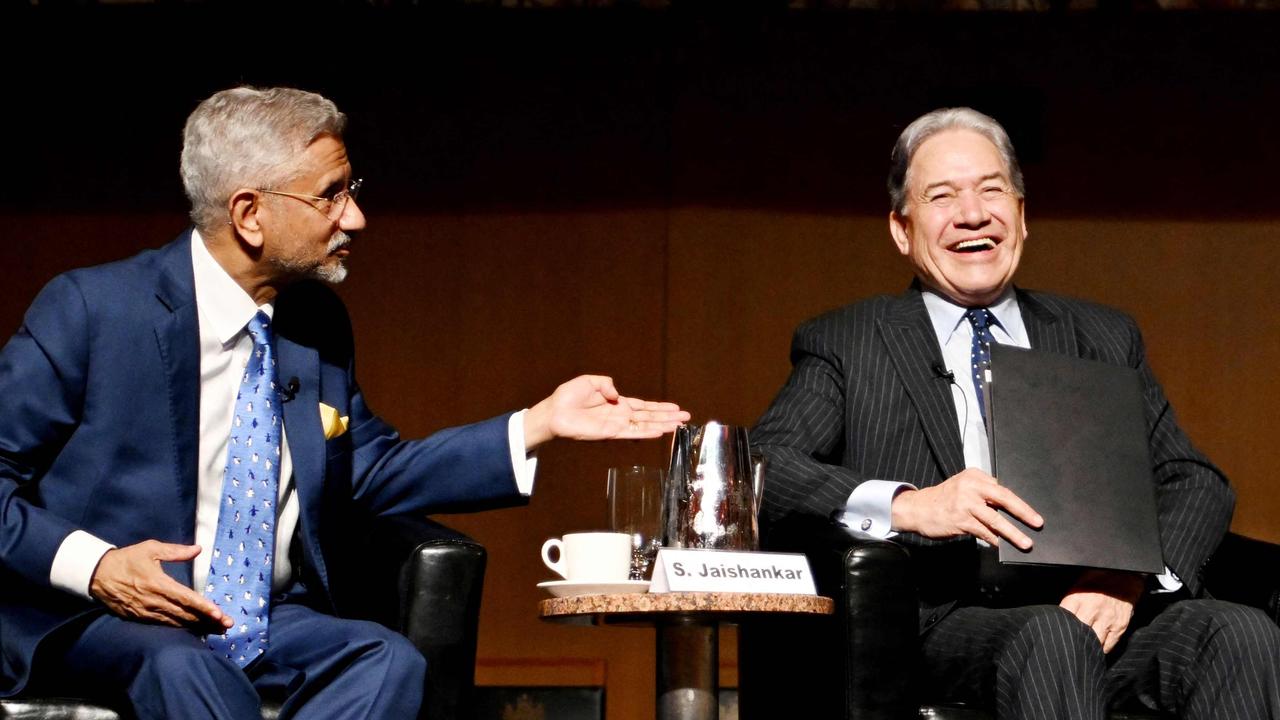
Times are changing in New Zealand foreign policy.